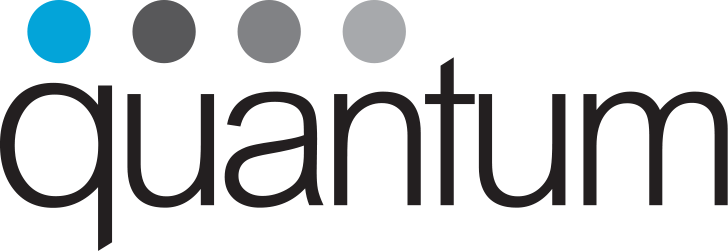However you refer to your work situation, the legal term that describes a person working for themselves is sole proprietor. Operating as a sole proprietor means that you are operating in your personal name and you do not need to go through the additional costs and hassle of setting up a limited liability company.
Have you just started working as a
freelancer or self-employed person?
Our getting started guide is here to help.
Here you’ll find a detailed outline of the steps you must take when starting out on your self-employed journey.
Register with JobsPlus
Why?
Apply for a VAT Number
You’ll need to register with the VAT department to start charging clients. If you estimate that your turnover is lower than the threshold (that we’ll outline below) then you have the option to not charge VAT by registering under Article 11.
If you possess a Maltese ID Card (that doesn’t end in an “A”) then you can apply for your VAT Number online.
Article 10
This is the standard VAT registration that applies in most cases. Individuals registered under Article 10 of the VAT Act are to charge VAT on all taxable supplies of goods and services. Consequently persons registered under this article also have the right to claim credit for input tax incurred on their purchases, where such right arises.
Filing of VAT returns for persons registered under Article 10 is done quarterly and covers three months of operations. The VAT return is to be submitted in paper format 45 days after the close of the period. It can also be submitted electronically 52 days after the close of the period.
Article 11
A sole-trader whose turnover is below the established entry threshold for the type of business activity shown below may apply to register under Article 11 of the VAT Act in order to be exempted from charging VAT when taxable goods or services are supplied. Consequently they will not have the right to claim any credit for input tax on their purchases.
Persons already registered under Article 10 cannot change their registration to Article 11 until 36 months from their registration under Article 10 has elapsed and the must satisfy the exit thresholds listed below.
Filing of VAT Returns for persons registered under Article 11 is done once a year. VAT Returns are ordinarily due by 15th February of the following year.
Article 11 Thresholds
There are three categories that you can apply for under Article 11, depending on the type of economic activity that you’ll be partaking in.
Category A – €35,000 Yearly Threshold
Economic activities consisting principally in the supply of goods.
Category B – €24,000 Yearly Threshold
Economic activities consisting principally in the supply of services with a relatively low value added.
Category C – €20,000 Yearly Threshold
Other economic activities.
Register with the Inland Revenue
You need to register with inland revenue in order to…
Once you’re registered, here’s what you’ll need to know.
- A tax return (Self-Assessment) is submitted annually by 30th June of the following year under assessment. This will include a profit and loss statement. Settlement tax must also be paid by 30th June.
- Provisional tax is payable on 30th April, 31st August and 21st December. This is based on the profits chargeable to tax in the preceding 2 years. Example, Provisional Tax payable for the year ending 31st December 2018 is based on the profits chargeable to tax for the year ending 31st December 2016.
- Tax rates depend on the marital status of the individual; whether he/she is single or a married person. Parent rates may also be beneficial to the person if he/she has dependent children. Tax rates are progressive. They may reach a maximum rate of 35%.
- Should a sole trader want to import or export goods within the EU, he/she has to obtain an EORI number.
- Part-time self-employed individuals are taxed at 15% on the first €12,000 profit and at the normal progressive rates on the part-time income exceeding €12,000.
- Social Security Contributions are also payable on 30th April, 31st August and 21st December. This means that Social Security Contributions are payable together with the Provisional Tax.
- Rates for Class Two Social Security Contributions apply to Self-Occupied persons. These are based on the annual net profit or income for the year preceding the contribution payment year. The table hereunder shows the rates applicable for the current year, that is, for 2018.
You can see what tax rates you’ll be paying here.
Social Security Contributions
What are they and what do I need to know?
https://cfr.gov.mt/en/inlandrevenue/personaltax/Pages/SSC2-2018.aspxs
That’s it!
You’re all set to start operating as a sole proprietor in Malta!
